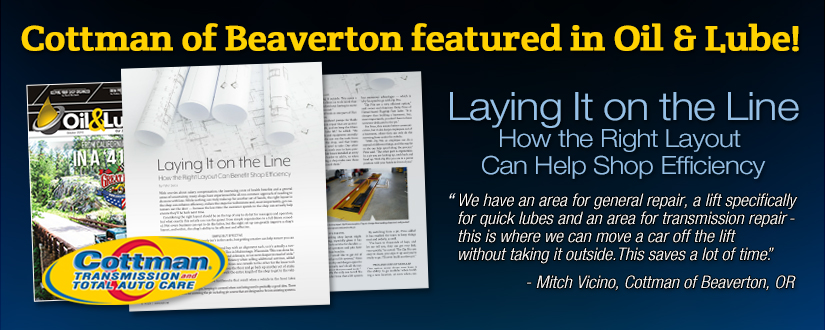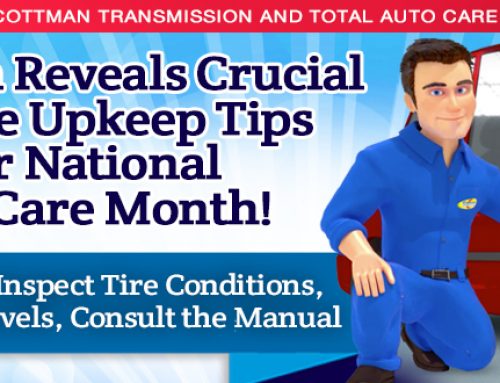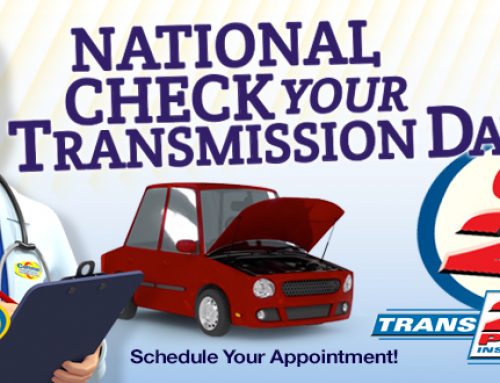As seen in the October 2016 issue of Oil & Lube News, by Peter Suciu
With worries about salary compensation, the increasing costs of health benefits and a general sense of uncertainty, many shops have experienced the all-too-common approach of needing to do more with less. While nothing can truly make up for another set of hands, the right layout in the shop can enhance efficiency, reduce the steps for technicians and, most importantly, get customers out the door – because the less time the customer spends in the shop can actually help ensure they’ll be back next time.
Considering the right layout should be on the top of any to-do list for managers and operators, but what exactly this entails can run the gamut from simple organization to a full-blown remodel. Not every business can opt to do the latter, but the right set up can greatly improve a shop’s layout, and with it, the shop’s ability to be efficient and effective.
SIMPLE BUT EFFECTIVE
…Being efficient doesn’t mean the job is being rushed either.
“We try to set up things so it is easy for the technician,” said Mitch Vicino, owner of Cottman Transmission and Total Auto Care in Beaverton, Oregon. “We have an area for general repair, a lift specifically for quick lubes and an area for transmission repair – this is where we can move the car off the lift without taking it outside. This saves a lot of time. It allows us to do work that is unscheduled without having to move a lot of cars around.”
Placement of tools is one part of Vicino’s efforts, too.
“We have overhead pumps for fluids for transmission repair that are accessible to every lift, and we keep the filters by the quick lube lift,” he added. “We have the tools and equipment centrally located so techs can see the tools from anywhere in the shop, and that limits the steps they need to take. One other key point is we made sure to have power outlets and air hoses installed at every lift; it is a lot harder to add it, so when you’re designing a shop make sure those are where you need them.”
For the full article: CLICK HERE









